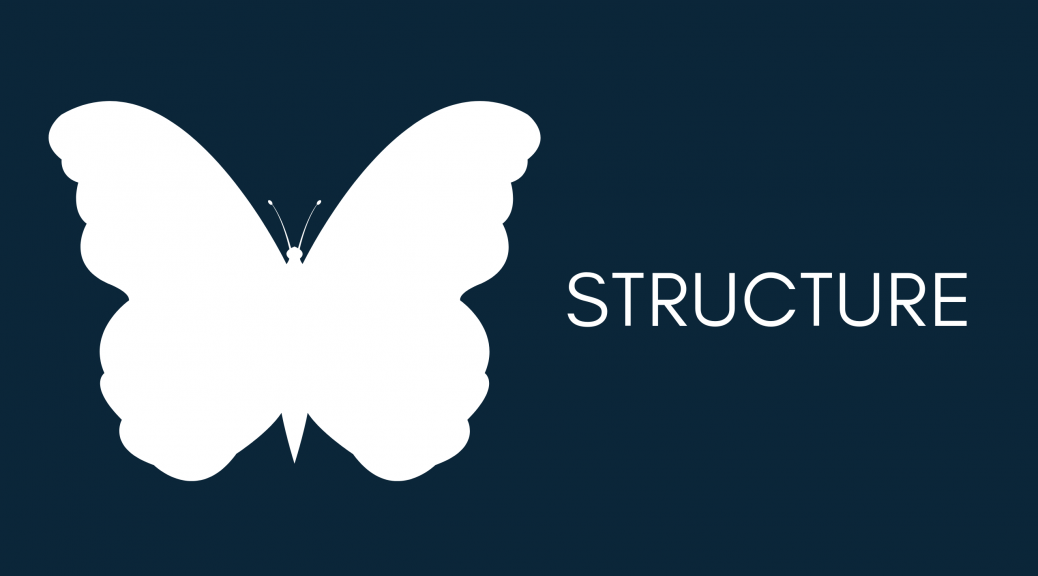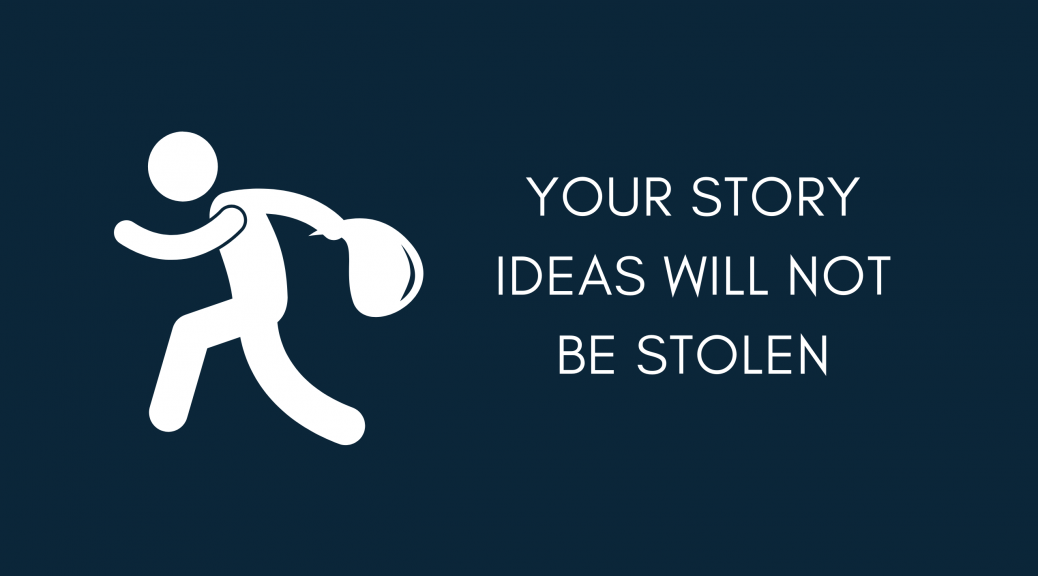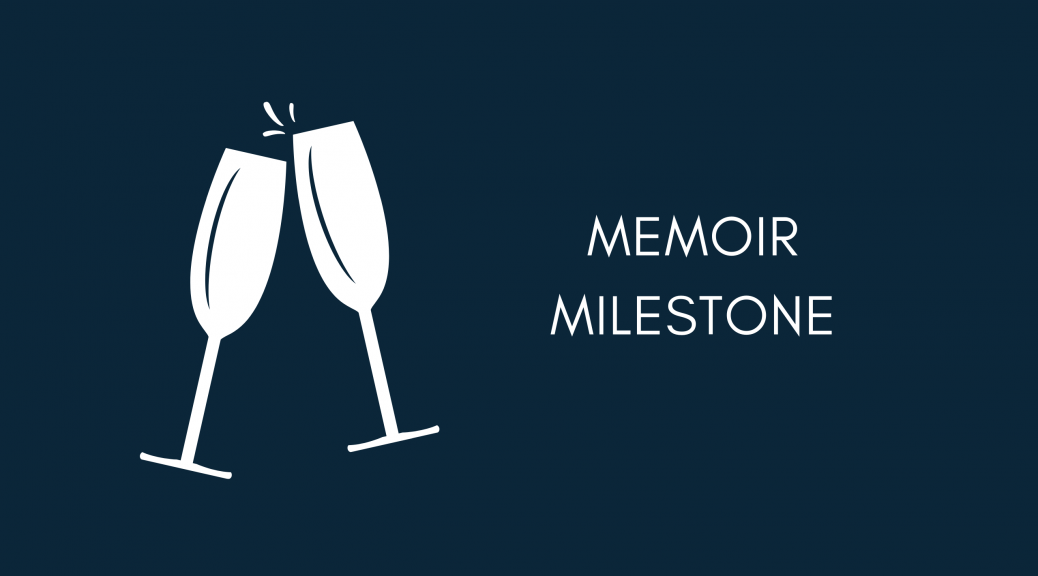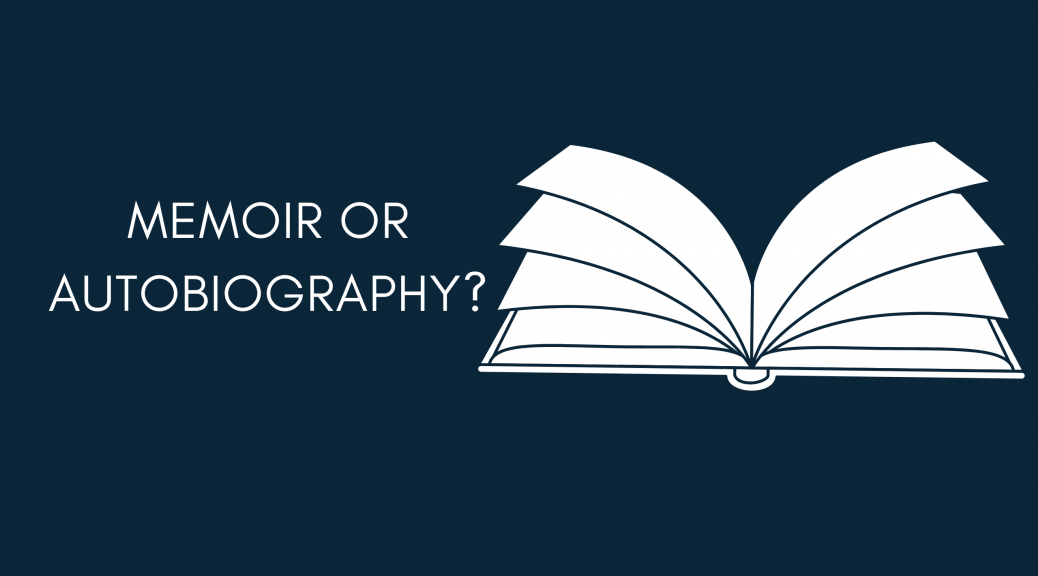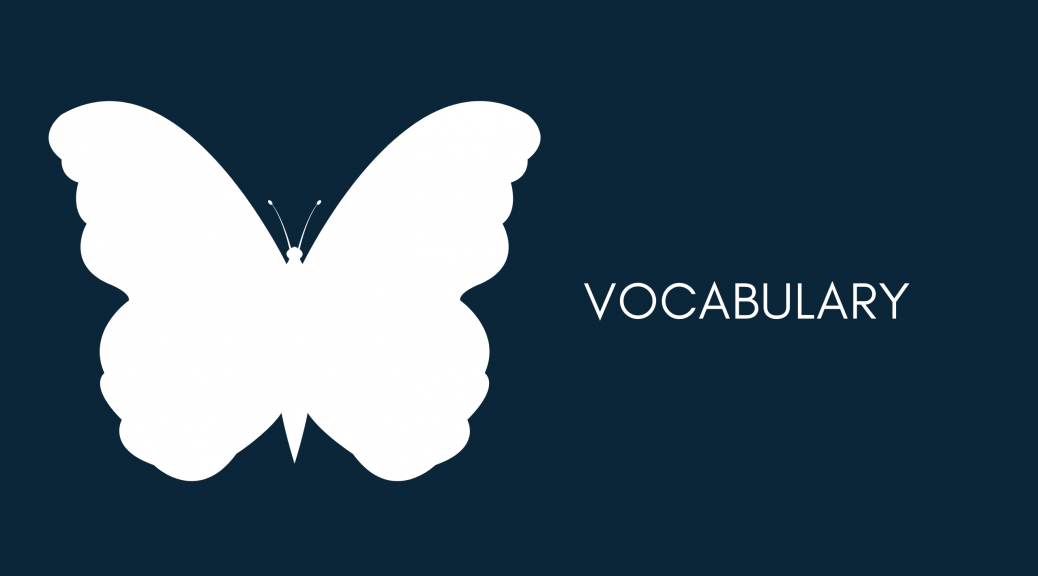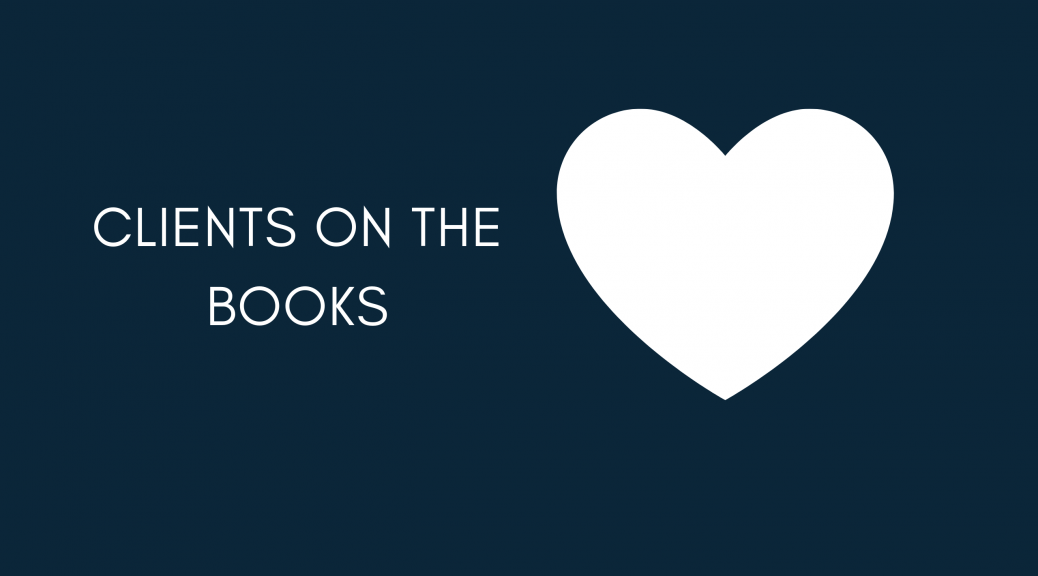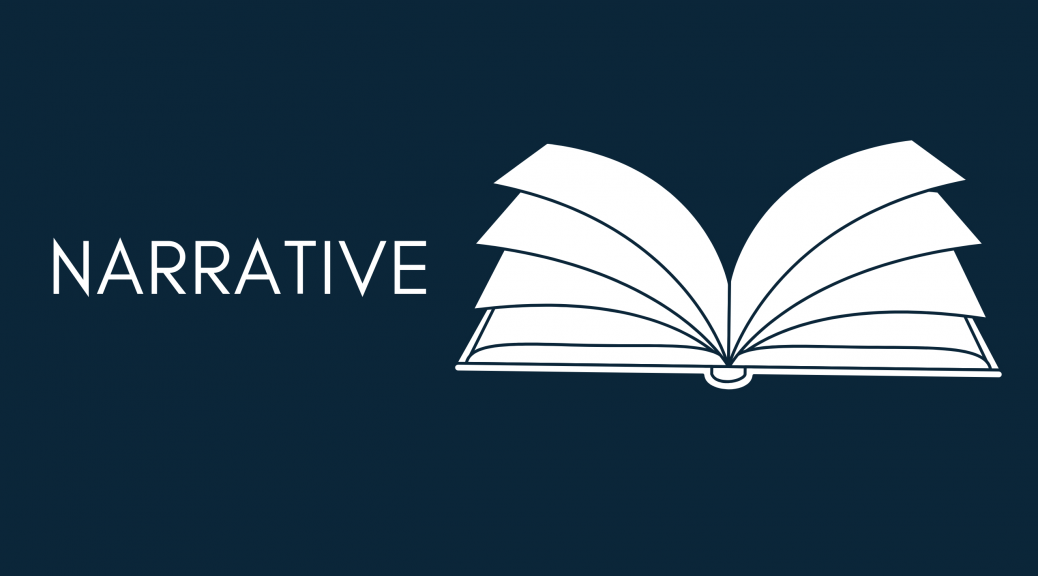
Resilience – the Gift of Christmas
By Evie McRae | | Comments 0 Comment
There is no denying it – 2020 was a year of huge change for many. It was a year that forced us to retreat inward to, quite literally, to stay within the confines of our own homes. For some, the initial measures may have seemed like ‘YAY’ – all the fun and excitement of an extended sleep-over at our friend’s house – or a couple of unexpected days working from home in our PJs. It soon became apparent something much bigger was evolving.
It’s not helpful to get into politics across the world but I do want to acknowledge the pain and loss, suffered by so many this year. As a Scot living on the East Coast of Australia, I have looked on from afar as my family and friends around the world went into lockdown after lockdown – each one more severe than the last. The toll on mental health, the physical endurance required just to keep going, the strain on relationships, and the inevitable decline in the economy have all been too apparent.
As writers, it’s our job to document what is happening in our world – from our own viewpoint – with our own voice. In this way, we record our version of history and provide a window for future generations to peer into and, hopefully, learn from. As writers, we can draw on these experiences – yet we also have an opportunity to reframe them in a way that may help build some resilience. It is a tricky balancing act to find the true positives – the unstoried parts of the story – without seeming to diminish or detract from the extent of suffering all around. It requires an understanding of the sensitivities of the human condition.
Interestingly this is where resilience enters – stage left.
Psychologists define resilience as the process of ‘adapting’ in the face of trauma, tragedy, threats, or significant sources of stress. There are, of course, shades of grey within all of these scenarios. There is a big difference between being short on wages for a few weeks compared to the collapse of the business you had worked the last 10 years to build. Each situation still calls for a degree of adaptability – a certain level of resilience.
We have all had to develop this core strength in 2020 – we have each had to adapt to whichever scenario we have found ourselves in. We can rage against those who seek to keep us locked up or talk about our rights to ‘infect the masses’ being dismantled – or we can decide to reframe the narrative and adapt to the script we’ve been given. One could argue it depends on which character you’re rooting for – you or humanity!
Within those shades of grey, there have been so many ‘extremes’. From the tragedy that continues to unfold in the US or Italy, to simply dealing with empty shelves where Toilet Roll should have been. Sometimes the resilience required is simply to roll our eyes at such a basic level of selfishness on the very outer ripples of that tsunami of trauma.
If you have lost a loved one or lost your income, you may not be in a place to hear this right now, but we are hard-wired as humans to be resilient in the face of such loss.
That’s not to say there will ever be a silver lining – that would be ridiculous – but there are techniques that can help navigate the range of emotions that come to the surface. In time, journaling or writing about those emotions may also help (I know that sounds so banal right now but I can attest to the power of writing in times of pain).
Indeed when we explore narrative as a ‘therapy’ we can see at its core the objective is to address the ‘meaning’ we give to our experiences. Narrative therapy helps us build resilience by identifying and enabling an ‘alternative’ story to emerge. That’s not to say a ‘fictional’ story – but a previously ‘unstoried’ part – the part that is hidden behind the emotional experience.
It’s vital to still remember what is good in our world when we are going through grief.
Even for those who have not lost someone in 2020, you may still actually feel a sense of loss and grief or anger. You may feel as though something has been taken from you. Our collective experience as human beings means that even if we did not live the same experience (or suffered the same losses) – we have an experience we can certainly relate to on the same emotional level. So what can you do with that feeling – that experience?
I do believe 2020 really did teach us to go ‘inward’ in terms of discovering who we truly are and what we want our life to look like. For some, it has been a spiritual experience. We have pondered the big questions. Are we happy generally? Do we enjoy sharing the same space with our partners? Do we even like our jobs? Do we want to continue to commute when all this is over? I mean, if your employer gained an extra 2 hours working time from you – wouldn’t your employer want you to work from home too? Granted that’s not a spiritually-driven transformation but we can’t get too sentimental where productivity is concerned, can we? Or can we? Do we want to do things differently? Will we hug our loved ones a little tighter the next time we are able to see them?
Many have used this time to study online, or adapt their business to the online world – they’ve had to adapt their business to survive – they’ve had to adapt their skillset – to survive. Others have taken up new hobbies – learned to paint or taken writing courses. This all proves how resilient we are if we so choose to focus on a more positive narrative.
In Australia 2019, it felt wrong to celebrate Christmas and New Year because of the catastrophic Bush Fires. The loss of life, the loss of habitat and wildlife was truly devastating and we all felt that collective grief. Yet, the National Parks have filled with green shoots of life again – proving how resilient nature is and how resilient our planet is. It doesn’t take away the pain of what was lost – but it does give some hope that we can learn something (PLEASE GOVERNMENTS ) and move on – progress. Adapt.
My wish for everyone this Christmas and throughout 2021 is the gift of resilience. It can’t change what has happened this year, but we can journey inward and reflect and adapt. As a writer, I hope 2021 will be the year you write that story – or reframe the narrative with a new point of view. Either way, in amongst the debris, I hope you discover the subtle gifts of 2020. Try to find the one good thing you learned – or the difference you made to someone else. What did you have to overcome in 2020? If you can find one good thing – focus on that – because focussing on the good when everything else is upside down – that’s what builds true resilience.
